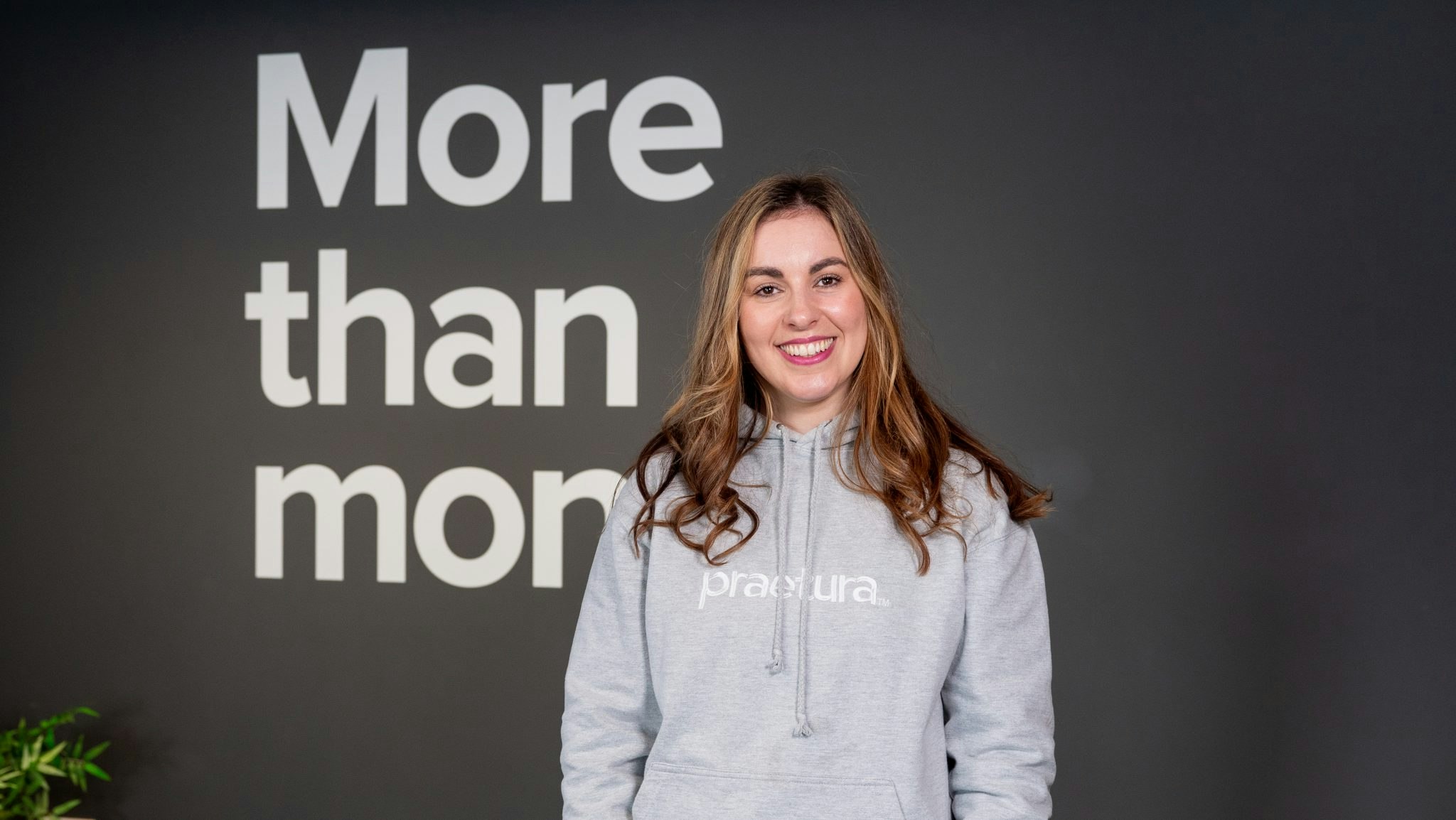It’s easy to forget your values when things are tough.
With fundraising by venture capital firms globally hitting a nine-year low at the end of 2022, news reports are circulating that top-tier Silicon Valley investors such as Andreessen Horowitz and Tiger Global are courting investors in cash-rich, freedom-poor countries such as Saudi Arabia and Qatar. In some cases, that means they would be rowing back on commitments not to do business with the Saudis made in the wake of the murder of journalist Jamal Khashoggi in 2018.
This should be a wake-up call for founders. Founders should be asking investors hard questions about where their funding comes from. Otherwise, they’re putting themselves and their business at significant risk.
An uncomfortable truth
The uncomfortable truth is that today the flow of money into, and within, the venture capital world is both byzantine and opaque. Limited partners — those investing into VC funds — often wish to keep their identity confidential, and along with the existence of funds-of-funds — funds that invest into other funds as LPs — it can be incredibly difficult to keep track of the money. More often than not there are multiple layers between a founder and the ultimate source of funding.
And with the balance of power seriously stacked in favour of investors rather than entrepreneurs, the reality is that far too few entrepreneurs truly understand the origins of their investors’ capital. After all, when cash is running low and you’re in your 60th investor meeting, digging into the source of your prospect’s funds isn’t exactly top of mind. Getting a term sheet and securing the future of your business is.
A storm on the horizon
However, as the previous crop of "mercenary" founders is increasingly replaced by the new crop of "missionary" founders — founders who are tackling some of the world’s largest problems such as the climate crisis, social inequality and more — this topic of "dirty money" is going to come to a head quickly.
Would you sacrifice the pace at which you fulfil your mission, or let go of team members because you weren’t prepared to accept funding from certain sources?
This weekend I ran an — admittedly not representative — poll across several founder WhatsApp groups, and the results paint a very clear picture of the direction of travel from a founder’s perspective. A whopping 91% of those polled said they would “decline investment from an investor based on the source of their funding for moral, ethical or political reasons”.
Virtue signalling? Perhaps. However, there are surely many who really do intend to stick to their principles; I would certainly count myself among them. And if that’s the case, it looks like the firms courting Saudi and Qatari sovereign wealth funds may need to brace themselves for tough conversations as founders refuse their Faustian bargain.
But a plunge in VC funding and shorter runways will test founder ethics in coming quarters. Would you sacrifice the pace at which you fulfil your mission, or let go of team members because you weren’t prepared to accept funding from certain sources?
Time for transparency?
While founders want to take the moral high ground, the reality is far from that. According to the same WhatsApp poll, only 38% of those founders actually “know where all their [investor] funding comes from”. That’s largely because, to date, the concept of reverse due diligence — where founders do due diligence on their prospective investors — hasn’t extended beyond a couple of reference calls. Most VCs don’t publish a list of their investors anywhere, and I can count on one hand the number of investors who have actually given me a pitch deck about their business.
But given where VCs are going cap in hand to raise funds, it seems the time is finally ripe for an industry reckoning about the source of funds. Indeed, 73% of the founders polled think it’s “really important” that they have “more information on the funding sources of investors”.
But where are they going to get it from? There’s no established framework, methodology, or data repository for analysing the origin of funds, as far as I’m aware, which seems to suggest this is something the founder community is going to have to grapple with by ourselves for now.
Clear as mud
Ticking this piece of due diligence off our to-do lists will not be an easy task. First, you must decide where to draw the line: what about investors who have made their money from ammunition? Or fossil fuels? Or from commerce that contributed to the destruction of the Amazon? What happens if those "icky" investors have now had an awakening and want to invest their money for environmental or social good? And how many degrees of connection do you need to go back to be satisfied with the source of funding?
While we founders clearly have a big task ahead, we shouldn’t let the VCs courting questionable funding off the hook
While the answers clearly aren’t going to be straightforward, we founders must pluck up the courage to ask these difficult questions. More employees, customers, investors and the media are starting to care about this. That means understanding the source of your funds could quickly become business critical. Would your sources of funding pass the "publicity test" — by which I mean, would you be happy for all your business’s stakeholders to know who your investors are, and how they made their money?
While we founders clearly have a big task ahead, we shouldn’t let the VCs courting questionable funding off the hook. If they truly care about promoting innovation and social good as they so often proclaim, then they need to take a stand and not accept funding from these sources. In doing so they can send a powerful message that the startup ecosystem is not for sale to the highest bidder, nor is it a laundromat for bad reputations.


